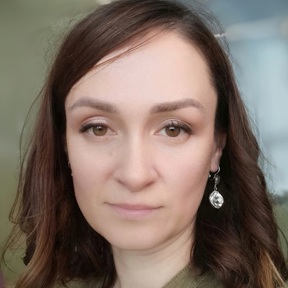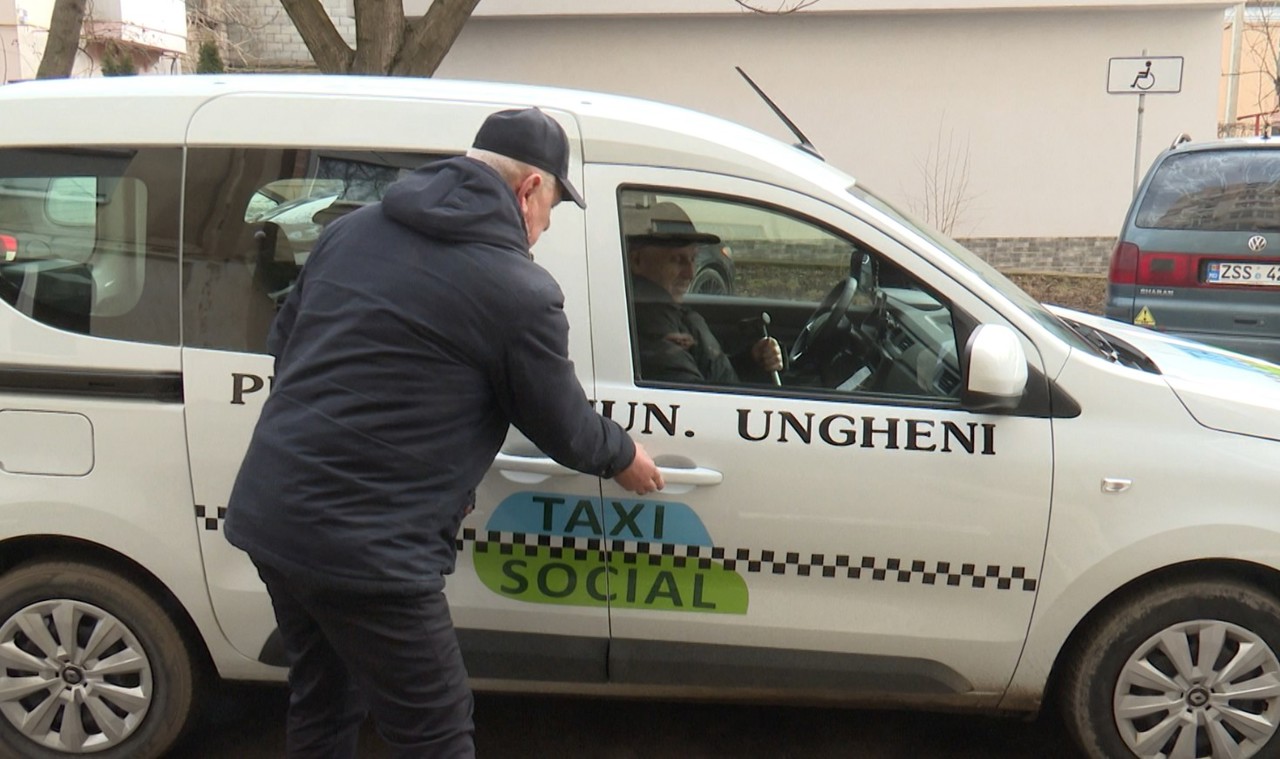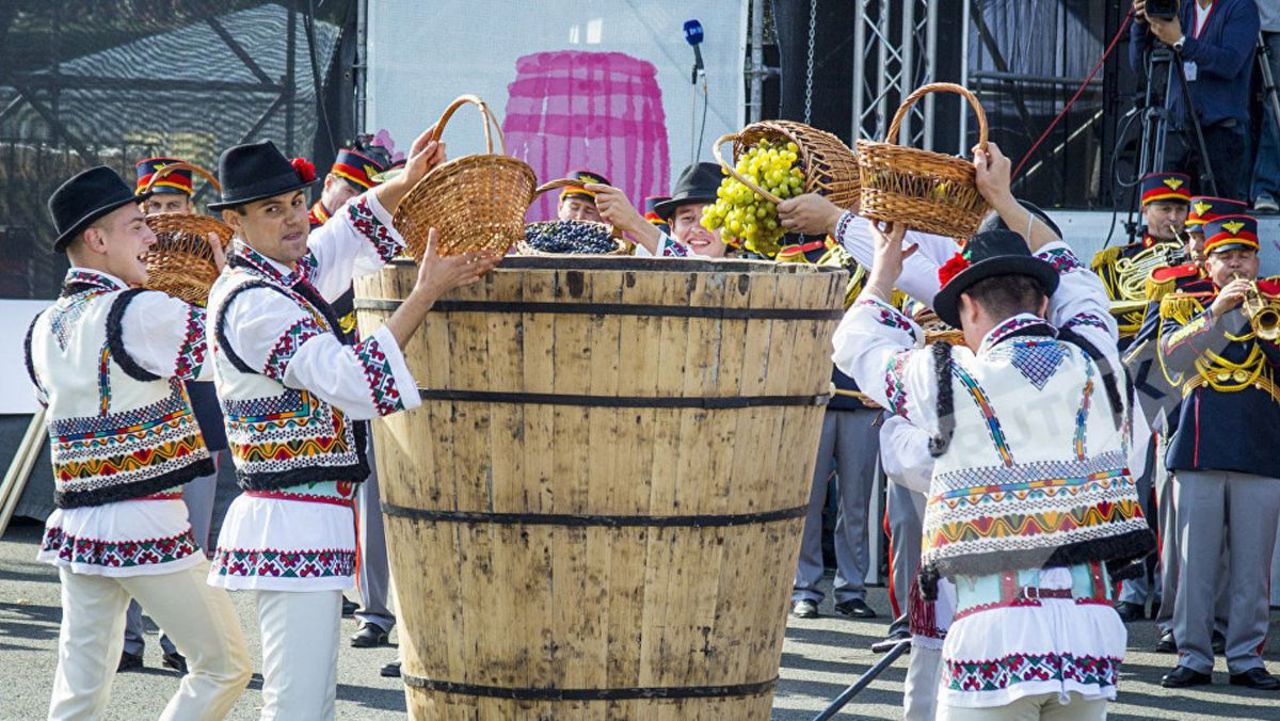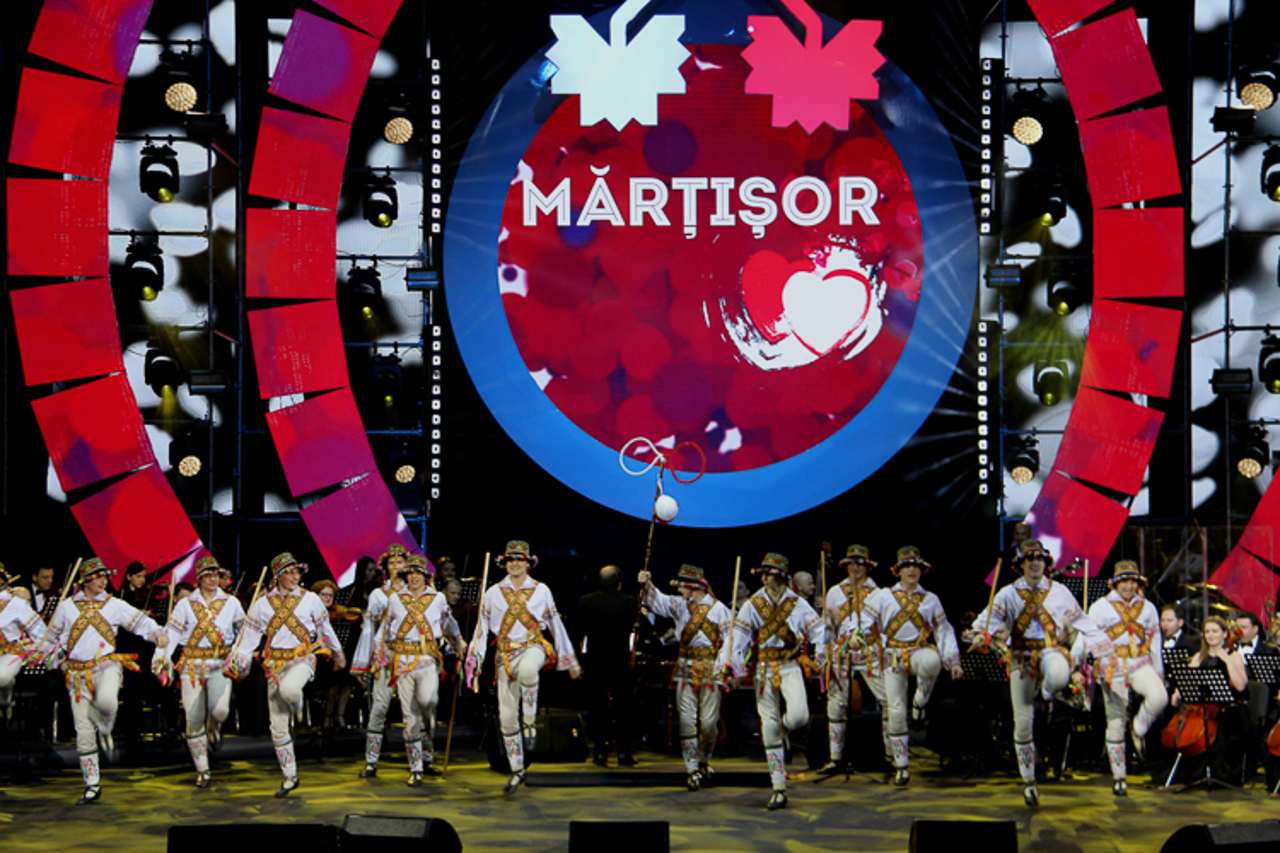International Press Review: Moldova faces rising anti-EU sentiment amid Russian influence
Several foreign publications describe the results and impact of the presidential elections in the Republic of Moldova and the referendum on the state's accession to the European Union. International news agencies simultaneously report on the large pro-European demonstrations that took place in Georgia on Sunday, one week before parliamentary elections deemed crucial for the country's future.

The President of the Republic of Moldova, Maia Sandu, emerged in first place following the presidential elections on Sunday; however, she did not secure a majority of votes and will face the Socialist candidate Alexandru Stoianoglo in the second round, reports the BBC. The British news service draws these conclusions based on preliminary data from the ballot, according to which the current president received over 41% of the votes—15% more than former Prosecutor General Stoianoglo. The second round of elections on November 3 will pose a significant challenge for Maia Sandu, the BBC notes, indicating that supporters of the other presidential candidates will most likely vote for Stoianoglo. Furthermore, the current president will need to mobilise her electorate by providing compelling arguments regarding the poor outcome of the vote in the referendum for the state's integration into the European Union, which was nearly evenly divided despite optimistic pre-election polls, the BBC writes. The same news service emphasises that Maia Sandu has already highlighted that the vote was heavily influenced by criminal groups that pumped tens of millions of euros into promoting anti-European propaganda to plunge the state into a state of uncertainty and instability.
The Republic of Moldova has been besieged by misinformation campaigns and cyberattacks, most of which are linked to Russia, writes Politico. According to the publication, the West has invested substantial financial and logistical resources to combat the cyberattacks and disinformation orchestrated by the Kremlin regime. The USA, EU, and NATO have sent advisors to Chișinău who have shared information about the threats posed by Russia and provided advice on how to counteract Moscow's efforts to secure a favourable outcome for Russian President Vladimir Putin, notes Politico. The outcome of the elections will determine the future of the Republic of Moldova but will also reveal the capacity of Western nations to halt the expansion of Russian influence in Europe, the publication signals. However, even if Moldova's partners succeed in safeguarding the vote from the weekend, Moscow may have another chance to tip the scales in its favour next year when parliamentary elections are scheduled in the Republic of Moldova, Politico further writes.
In Moldova, a pro-Russian oligarch with a criminal past is attempting to derail the path toward Europe, headlines The Wall Street Journal. The publication refers to the fugitive Ilan Șor, noting that he fled to Russia after being convicted of a billion-dollar bank theft and now aims to overthrow the government in Chișinău. Given the key parliamentary elections scheduled for next year and numerous indications that Șor's multilateral strategies have fueled anti-EU sentiment in this impoverished country on the edge of Europe, officials in Chișinău say that the $100 million spent by Moscow on this vote was merely a taste of what may follow. "The real threat will come next year," said Moldova's police chief, Viorel Cernăuțeanu, as quoted by The Wall Street Journal.
Situated between East and West, Moldova faces an essential choice, notes The New York Times. Voters were nearly evenly divided on whether to declare EU membership a "strategic objective," the publication observes, emphasising that Russia has worked hard to influence the outcome. The proposed amendments put to a vote on Sunday would enshrine the "irreversibility" of the "European course" of the former Soviet republic and would require Moldova, a small country among the poorest in Europe, to eventually join the European Union. Supporters of the amendments lagged significantly in the early counting, but subsequent provisional results published by the Central Electoral Commission indicated that they began to close the gap as ballots were counted from Moldovans living abroad, particularly in the West, where voters are generally younger and more hostile toward Russia. Moldova's potential admission to the European bloc may take many years, but it has been accelerated by alarm in Western capitals over Russia's large-scale invasion of Ukraine, which began in February 2022, and a renewed determination to prevent Moscow from advancing into other former Soviet territories, observes the NYT.
While voters in Moldova went to the polls yesterday, tens of thousands of people demonstrated in the Georgian capital, Tbilisi, to show their attachment to the European Union, reports AFP. The news agency emphasises that the demonstration occurred one week before parliamentary elections, considered a crucial test for Georgia's future. The pro-European opposition, composed of four main alliances, will face the ruling conservative party, Georgian Dream, accused by opponents of pro-Russian authoritarianism and of deviating from plans to join the EU, writes AFP. Polls suggest that the opposition alliance may secure enough votes to defeat Georgian Dream—the pro-Russian party of billionaire Bidzina Ivanishvili, which has held power for ten years without holding any governmental position, concludes France Press.
In contrast to the struggles of some former Soviet states to join the European Union, discontent is rising in the United Kingdom over the economic damage caused by the decision to leave the community bloc a few years ago. The Independent reports that tensions have escalated in the UK after the Treasury Secretary revealed that London has spent €28 billion to exit the European Union. Now, Prime Minister Keir Starmer finds himself in a tight spot and must disclose the costs that have pushed the island to the brink of recession, writes the publication. The Independent argues that the prime minister has been urged to initiate an investigation into the damages caused by Brexit, while also proposing future solutions for a swift recovery. The publication quotes a member of the Scottish National Party who calls for the resumption of relations with Brussels and asserts that the United Kingdom's exit from the European Union has been disastrous for the UK economy and society in general. According to the MP, the British have been deprived of rights and business opportunities they previously enjoyed within the largest single market in the world.
Brazilian President Lula da Silva will not attend the BRICS summit, which Russia is hosting in Kazan from October 22-24, reports Reuters. According to the news agency, Lula made this decision following doctors' advice to refrain from long flights temporarily. Thus, the President of Brazil will participate in the summit via video link. The BRICS summit was expected to be the most representative international meeting in Russia since the invasion of Ukraine, with Moscow wanting to demonstrate that Western efforts to isolate it diplomatically have failed, notes Reuters. Additionally, Russian President Vladimir Putin confirmed two days ago that he will not attend the G20 summit, which will take place in November in Brazil, reminds the same news agency. Brazil is a member of the International Criminal Court, which has issued an arrest warrant for Putin, accused of war crimes; however, the Russian president has denied that he cancelled the visit out of fear of being detained, concludes Reuters.
Translation by Iurie Tataru





